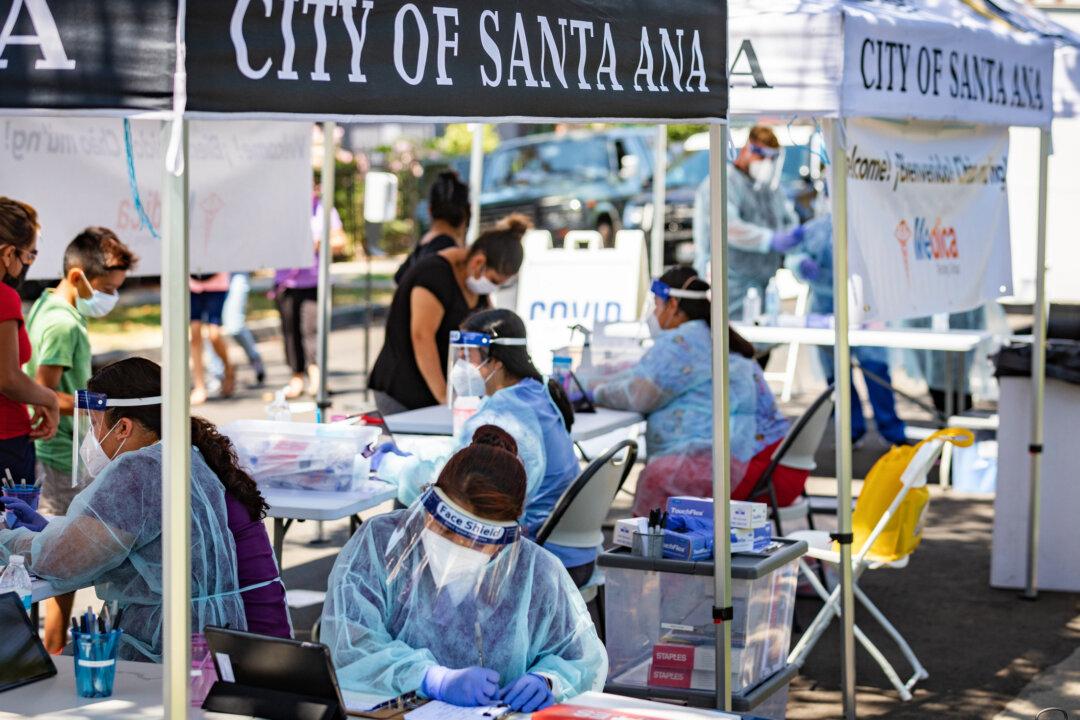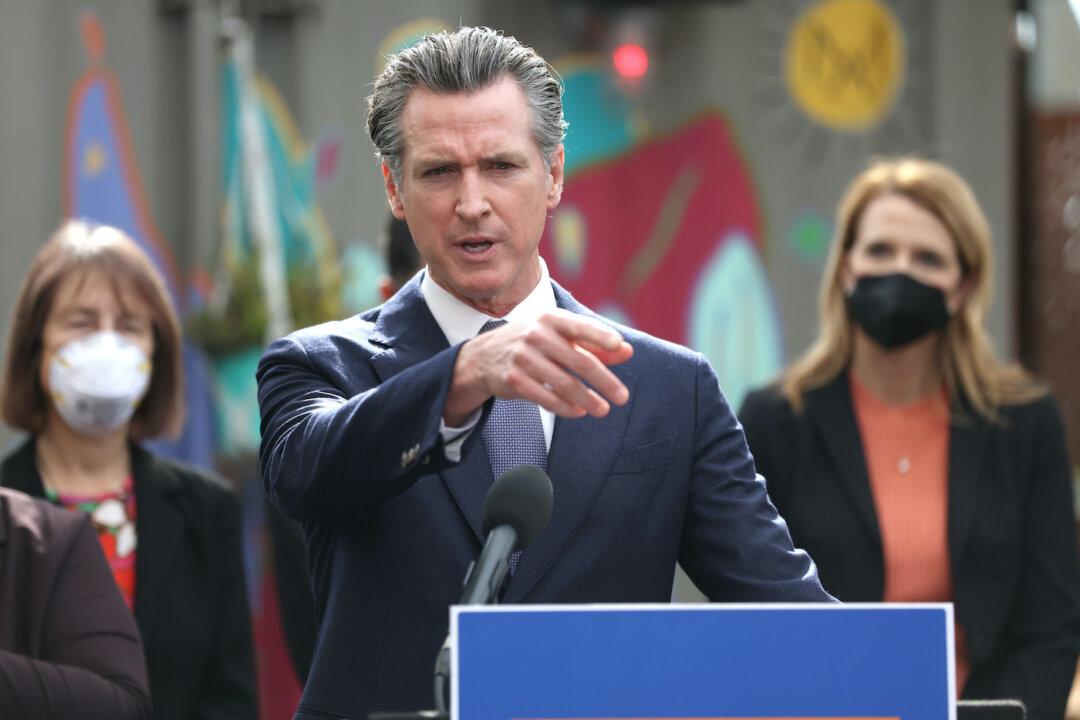A new “strike team” dedicated to increased COVID-19 testing of the Asian and Pacific Islander (API) communities in Orange County, California, has tested hundreds of residents during its first week.
The team is organizing mobile pop-up testing locations in ZIP codes with high positivity rates. So far, the team has tested more than 700 people.





